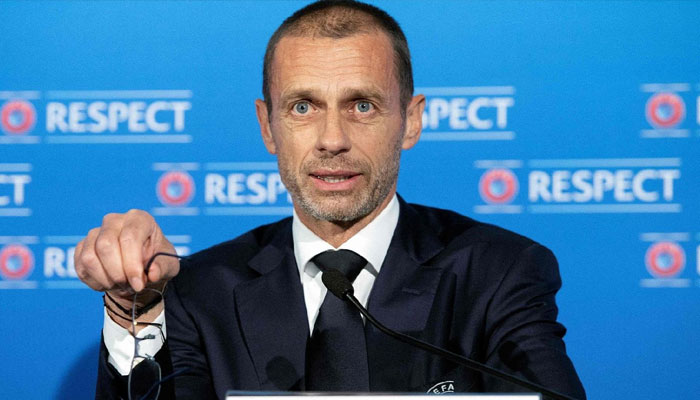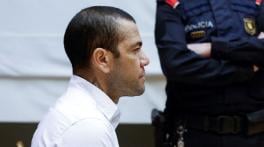Aleksander Ceferin confirms to leave UEFA presidency in 2027
The Slovenian has confirmed that he will not take part in the next elections

UEFA President Aleksander Ceferin announced on Thursday that he will not pursue candidacy in 2027, despite earlier considerations amid a contentious effort to alter legal regulations allowing him to extend his tenure until 2031.
Ceferin, in charge since 2016, cited exhaustion from managing COVID-19, conflicts, and the Super League debacle as contributing factors. He reportedly made the decision six months ago, mainly due to family considerations.
Opposition, including from UEFA Vice President David Gill, emerged against the proposed rule change, aligning with UEFA's 12-year term limit implemented in 2017 following corruption investigations in global football.
Football governing bodies faced pressure to reform and prevent networks of self-serving patronage and influence-building. Ceferin himself pledged not to stay beyond 2027 in a role that pays him around $3.5 million annually.
Ceferin took a dig at another perceived opponent during a statement at a news conference following the closure of UEFA's annual congress of 55 member federations.
He referenced an unnamed European football official who penned a "pathetic cry about morality" in a "narcissistic letter" to member federations.
"It was actually amusing to watch all this hysteria," remarked Ceferin, noting he had not disclosed his true intentions earlier to gauge "the real face of some people."
His target is widely believed to be Romanian federation President Razvan Burleanu, one of Ceferin's colleagues representing Europe on FIFA's ruling council.
The move on term limits that Ceferin faced criticism for has already been enacted at FIFA by its president Gianni Infantino, who attended the UEFA meeting in Paris.
Infantino was elected in 2016 amidst the fallout from corruption investigations and introduced statute changes early in his tenure, allowing him to remain in office until 2031.
Ceferin's perceived power move was particularly controversial after he drew unease by seemingly supporting UEFA Vice President Luis Rubiales from Spain amidst misconduct at the Women's World Cup final in August.
Additionally, he attempted to ease a ban on Russian teams from international competitions by permitting the country's under-17 teams to enter UEFA events.












Comments